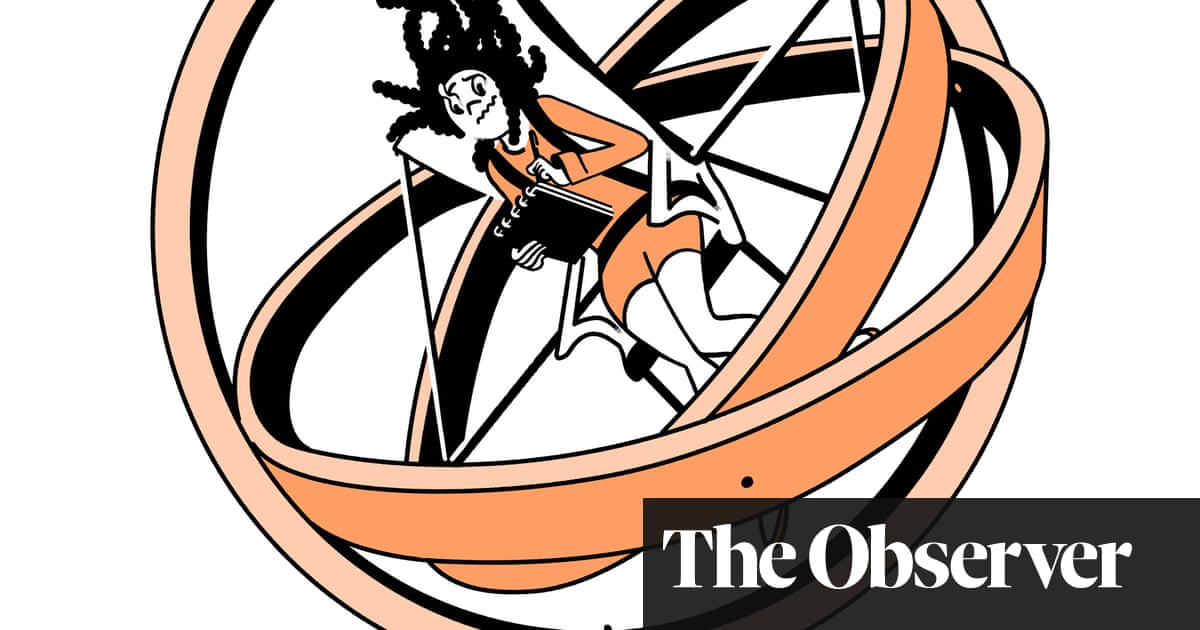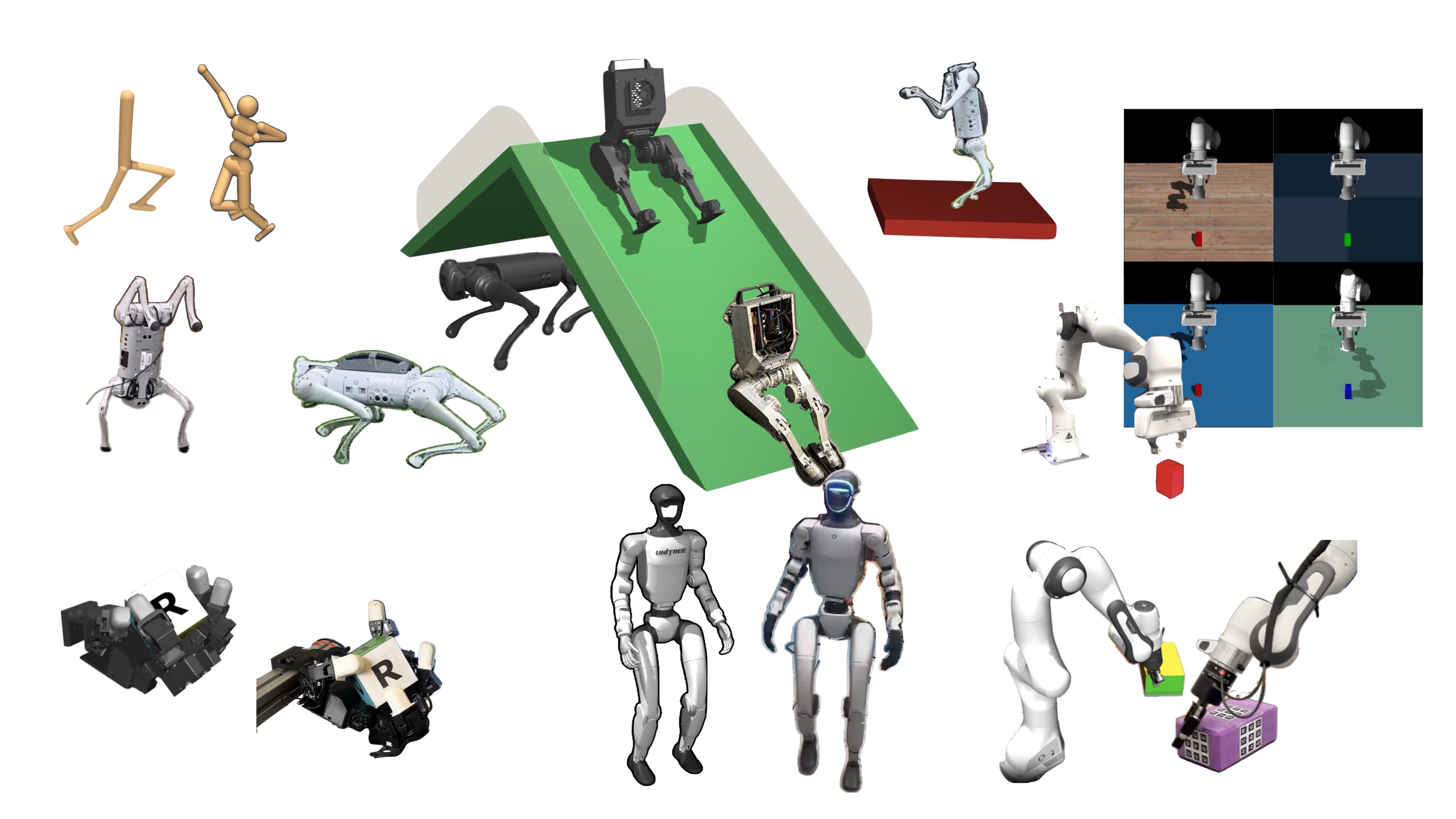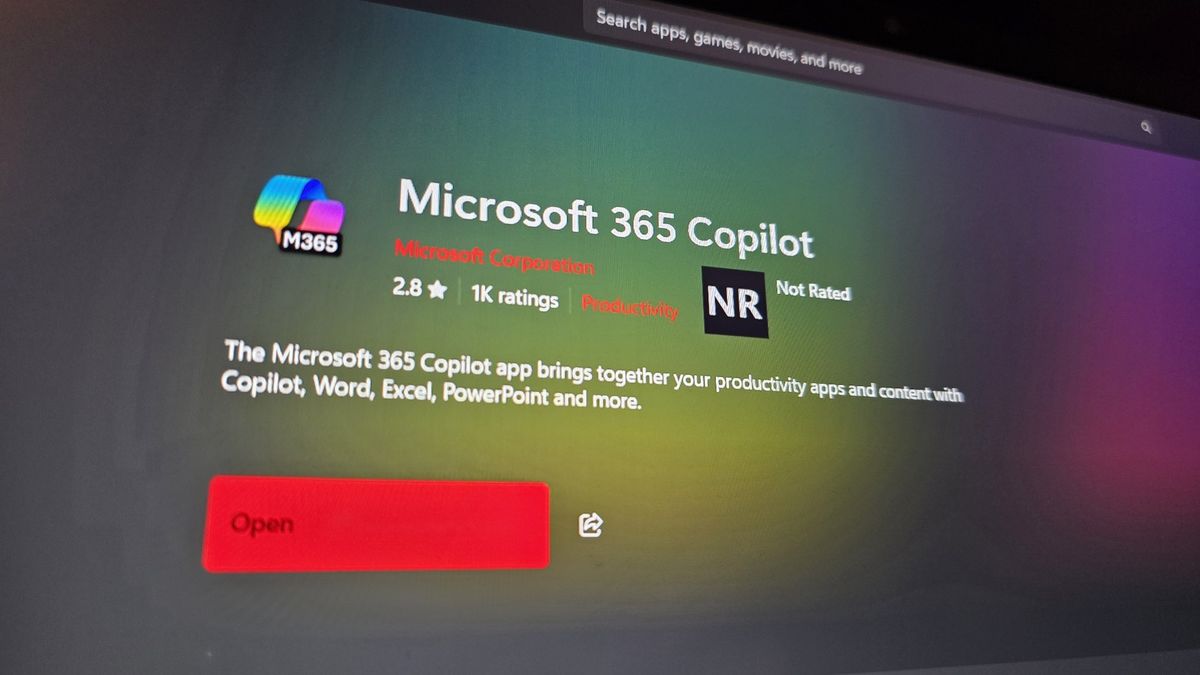Task-relevant maturity: a lens for effective management | ktheory
Have you ever wished that your manager would give you more autonomy and responsibility in some areas, and more direction and support in others? As a manager, have you ever struggled to know when to be hands-on or hands-off with your team’s work?
If you’re ‘hands on’ — closely involved with the details of your employee’s work — you risk wasting your time micro-managing what they could have done independently. If you’re hands-off, you risk poor execution and missed opportunities for coaching and development.
One of my favorite tools for navigating this trade-off is ’Task-relevant maturity’ from Andrew Grove’s High Output Management book.
Grove advises that managers vary their approach based on the experience and competence the particular employee with the particular task. If the task a new challenge for your employee, or they’ve struggled with it in the past (low maturity), default to a hands-on approach with frequent, structured support and direction. As they grow (medium maturity), emphasize collaborative problem solving and coaching. And once they gain a lot of experience (high maturity), default to a hands-off, highly delegated approach with initial goal alignment and progress tracking.
In software engineering teams, here are some tasks where I’ve applied the lens of ‘Task-oriented maturity’ to attenuate my involvement in their work to improve employee engagement, team efficacy, and managerial leverage.
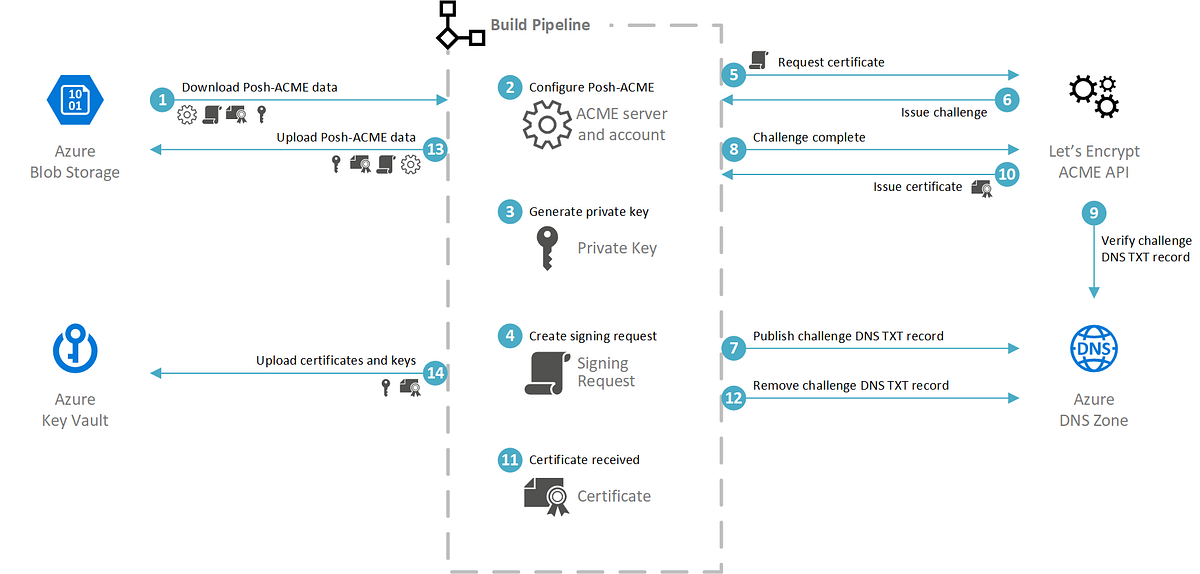
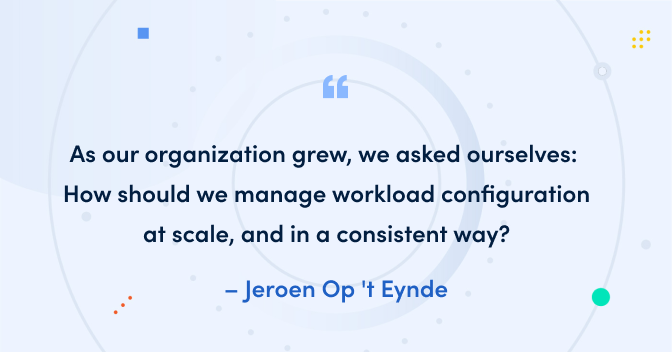








:max_bytes(150000):strip_icc()/GettyImages-2128592580-5add8ad75de54e3bb01714ed060913b0.jpg)






